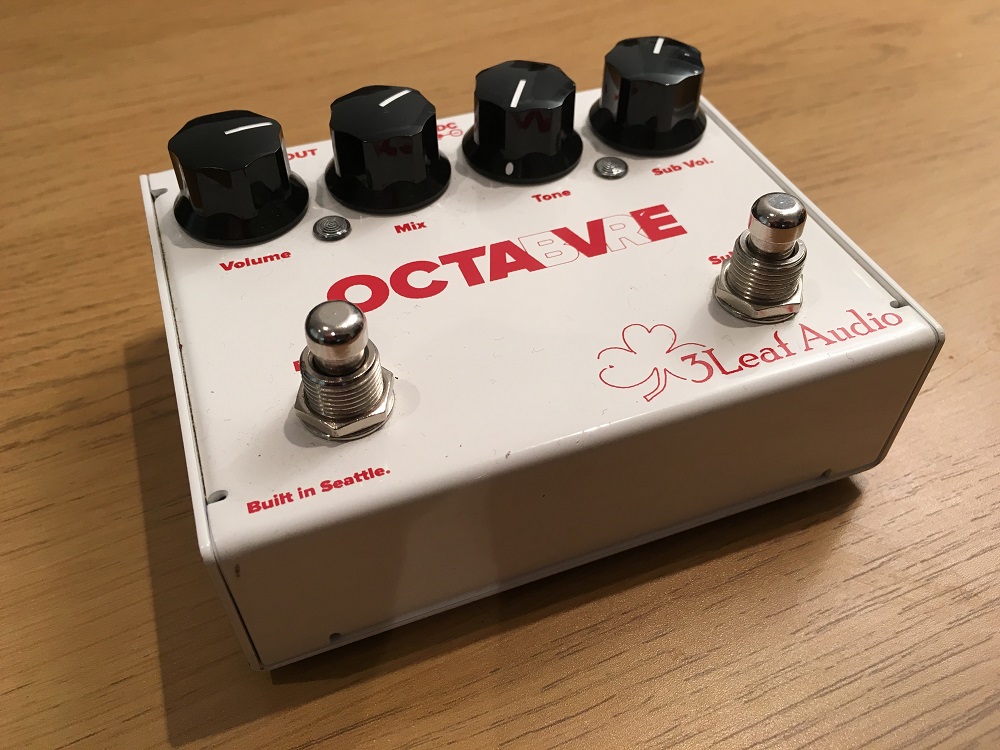The reality of attempting to eke out a living as a professional musician in London (or anywhere else, for that matter) is that you have to let go of many preconceived notions of what you will and won’t do for money (musically speaking, I mean…).
Credibility and artistic merit are all well and good until your rent is due, and subsisting on baked beans gets old pretty quickly.
Getting your bass to pay the bills can be a slow process, and there are certain avenues that make it easier to stay afloat; one of the main paths to financial stability (which is always a relative concept) for me has been playing in covers bands for weddings and corporate events. Whilst these gigs are always financially rewarding, many musicians are ‘down’ on function gigs because they can be musically mind-numbing; there are only so many times that anyone can play ‘Sex On Fire’ in a year before the rot starts to set in.
So how do you (or I) maintain any semblance of sanity and professionalism in the face of having to play musically nebulous mainstream pop nonsense week after week? The solution falls into two parts:
1. Get over yourself
Rather than being a snob about the repertoire, remember that this is your job. If you can earn enough to live by playing odd meter, polka-influenced death metal (or whatever your musical passion might be) then that’s great – sadly the fact of the matter is that you have to sell yourself at some point, but that doesn’t mean that you’re selling out by playing music that you might not feel passionate about.
I keep my ego in check by reminding myself that I’m getting paid to play an instrument, which is a ridiculous indulgence in itself. If you resent the music or the gig (or the people) then that carries over into your playing and reduces your ability to carry out your job description, which is to make people feel good by playing music that they want to hear. That’s not such a bad way to frame things, is it?
2. Find the ‘bright spots’
Part of the secret to finding joy in performing music that you feel indifferent about is treating it with the same respect that you would if you were gigging repertoire that you love. If you allow yourself to really get inside the music, even the blandest pop tune can present opportunities to access the more creative side of your playing.
For me, the ‘creative side’ of my playing in this context involves using an octave pedal as much as I can on a gig without getting dirty looks from the bandleader or making people on the dancefloor feel unwell. The overly processed and mechanical nature of modern chart music means that there are plenty of occasions when I have to play songs that were created without any real instruments and have to emulate a synth part.
So why don’t I just take a bass synth to the gig?
Chairman of the (pedal)board
Maybe it’s sheer bloody-mindedness on my part, but I made the decision some years ago to try and recreate any synth bass sound that I heard on a record using just my bass guitar and a handful of pedals; regular readers will just recognise this as an attempt to validate the purchase of lots of unnecessary gear, but I convinced myself that it was a worthwhile endeavour.
Here’s the thing – I already own an original Novation Bass Station synth, but I hate it. Attempting to gain the amount of knowledge on analogue synthesis necessary to program synth patches with any real authority was like being back in a school physics class (I say this a someone who was a total teenage physics geek) and I quickly abandoned the keyboard bass approach.
If the necessary nerdiness wasn’t enough there are other factors that made the prospect of playing synth on a gig a total ballache; keyboard skills, having to lug extra equipment to the gig and working out the logistics of onstage signal switching are just a few.
So I stuck to my guns and opted for the tap-dancing route.
Sometimes ‘good enough’ is good enough
After much experimentation with numerous octave pedals, overdrives and envelope filters I found that I could approximate most of the tones in a given setlist without having a pedalboard that weighs more than I do.
Here’s the thing: even though you might not be ‘nailing’ the exact tone from a recording the important thing is that the crowd doesn’t care and neither do your bandmates. Often being in the right ballpark is enough to get approving nods from people that you’re sharing the stage with.
I spent a long time trying to get my bass to recreate the synth sound from Maroon 5’s awful, glitter-rolled turd of a song ‘Moves Like Jagger‘ before realising that getting the exact tone would cost me a lot of time and money, but I could arrive at a perfectly acceptable ‘wob wob wob’ sound using octave, envelope filter and a volume pedal.
Other tunes have required the ubiquitous octave pedal with a particular technical approach; Clean Bandit’s 2015 hit ‘Rather Be’ absolutely refuses to die and I managed to keep myself amused by transcribing the distinctly un-bass-like synth line from the verse and using a combination of plectrum and palm muting to get somewhere near the tone and articulation of the original.
You can see my mangling of the aforementioned song here, complete with a breakdown of different pedal settings for various sections of the tune:
You can also find the transcription of my bass arrangement for ‘Rather Be’ RIGHT HERE

